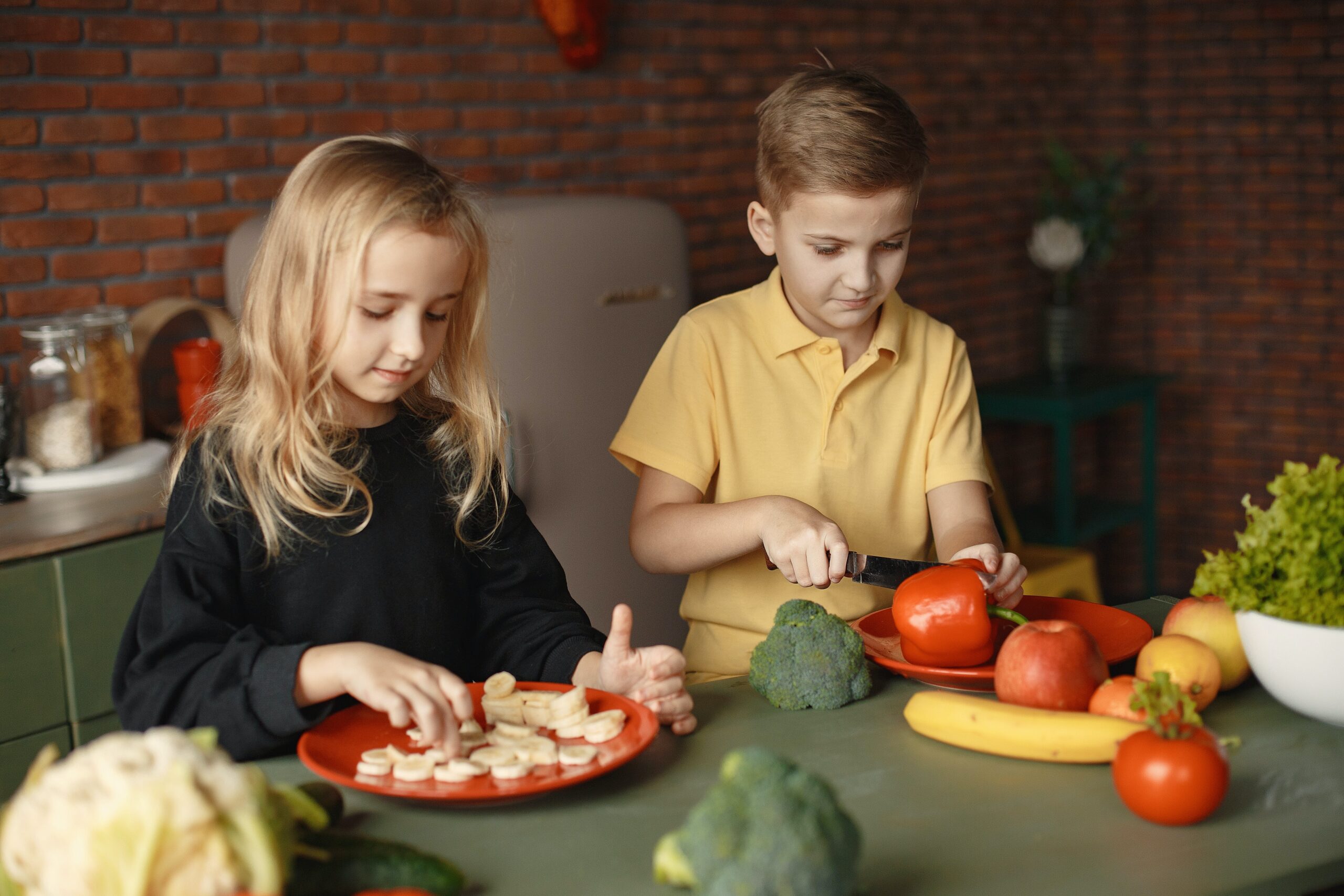This was a multiyear project that affected the entire Vancouver School District. Therefore its impact is proportionally more significant than a single school project or a singular activity across many. An attractive point of ThinkEatGreen@School was how their actions were driven by the pedagogical philosophy of Learning with Life. In practice, our actions were guided by the philosophy of Learning with Life.
The four learning steps they have articulated as integral to the process of Learning with Life are:
1) Memories – Sharing personal and community experiences of school food systems.
2) Reality (as “it is”) – the school food system as “it is”, and as it’s depicted in scholarly literature.
3) Dreams (“Reality as it could be”)– our vision of an ideal healthy, sustainable school food system?
4) Action (“Potential reality”) – identification of the shared visions, or the common points in our collective dream. How do we use these leverage points to create the world we want to live in?
Our work developing healthy food and experiential learning opportunities sought to touch each of these steps in a circular, evolving way – learning with life through an ever-evolving process of inquiry.
In terms of replicability, this project had many smaller actions that it would be wiser to examine one by one for their replicability merits. Furthermore, replicating the summer institutes would be feasible but requires significant external expertise and financial support.
This is a project with a series of actions that would require strong financial, administrative and legal support by a big and impactful Municipality like the one of the City of Vancouver. We would suggest that trying to replicate the project as a whole would be more successful with the presence of a similarly powerful governmental body. However, some specific actions that were undertaken by specific schools through the small grants actions that was part of the project could be more easily replicated on a case by case scenario.



